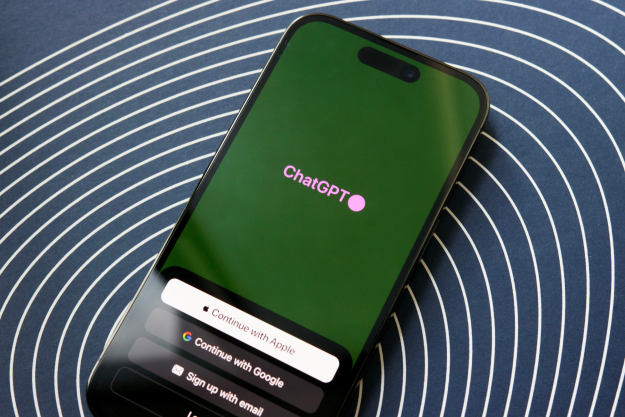The Zoom video-calling app has just added its own “AI Companion” assistant that integrates artificial intelligence (AI) and large language models (LLMs) from ChatGPT maker OpenAI and Facebook owner Meta. The tool is designed to help you catch up on meetings you missed and devise quick responses to chat messages.
Zoom’s developer says the AI Companion “empowers individuals by helping them be more productive, connect and collaborate with teammates, and improve their skills.”

For example, Zoom’s blog post explains that if you are late to a meeting, its AI Companion can summarize what happened while you were absent. It can also suggest action points and highlight topics of discussion after a meeting, as well as divide cloud recordings into more digestible chapters.
A few extra features are in the works. Later in September, the AI Companion will be able to help you write emails and summarize chat messages, while Zoom says it will suggest responses to text chats later in the fall.
Further into the future, the AI Companion will assist you in finding documents, filing support tickets, and preparing for upcoming meetings, all based on live calls or those that have happened in the past.
Privacy concerns

That all sounds interesting, but Zoom is no stranger to controversy, having been called out for its misleading end-to-end encryption claims and creepy emotion-detecting technology. For many people, the idea of integrating a generative AI tool into your sensitive calls could start ringing privacy alarm bells.
Zoom has tried to allay these concerns by saying that its AI Companion will respect your privacy. In its blog post, the company claimed that “Zoom does not use any of your audio, video, chat, screen sharing, attachments, or other communications-like customer content (such as poll results, whiteboard, and reactions) to train Zoom’s or third-party artificial intelligence models.”
However, the company faced a backlash in August 2023 following claims that the app’s terms allowed it to harvest user data and feed it into AI tools. Zoom later clarified the terms to say it didn’t use communications data to train its AI, but it still appears that the app can scoop up “service-generated data,” such as user telemetry and product usage data. Whether any of this goes towards training AI models is unclear.
The AI Companion requires a paid Zoom account and is available to premium users for no added cost. Zoom says additional features will be announced “in the coming weeks.”
Editors' Recommendations
- Apple may finally beef up Siri with AI smarts next year
- Bing Chat just beat a security check to stop hackers and spammers
- This powerful ChatGPT feature is back from the dead — with a few key changes
- Most people distrust AI and want regulation, says new survey
- Meta is reportedly working on a GPT-4 rival, and it could have dire consequences




